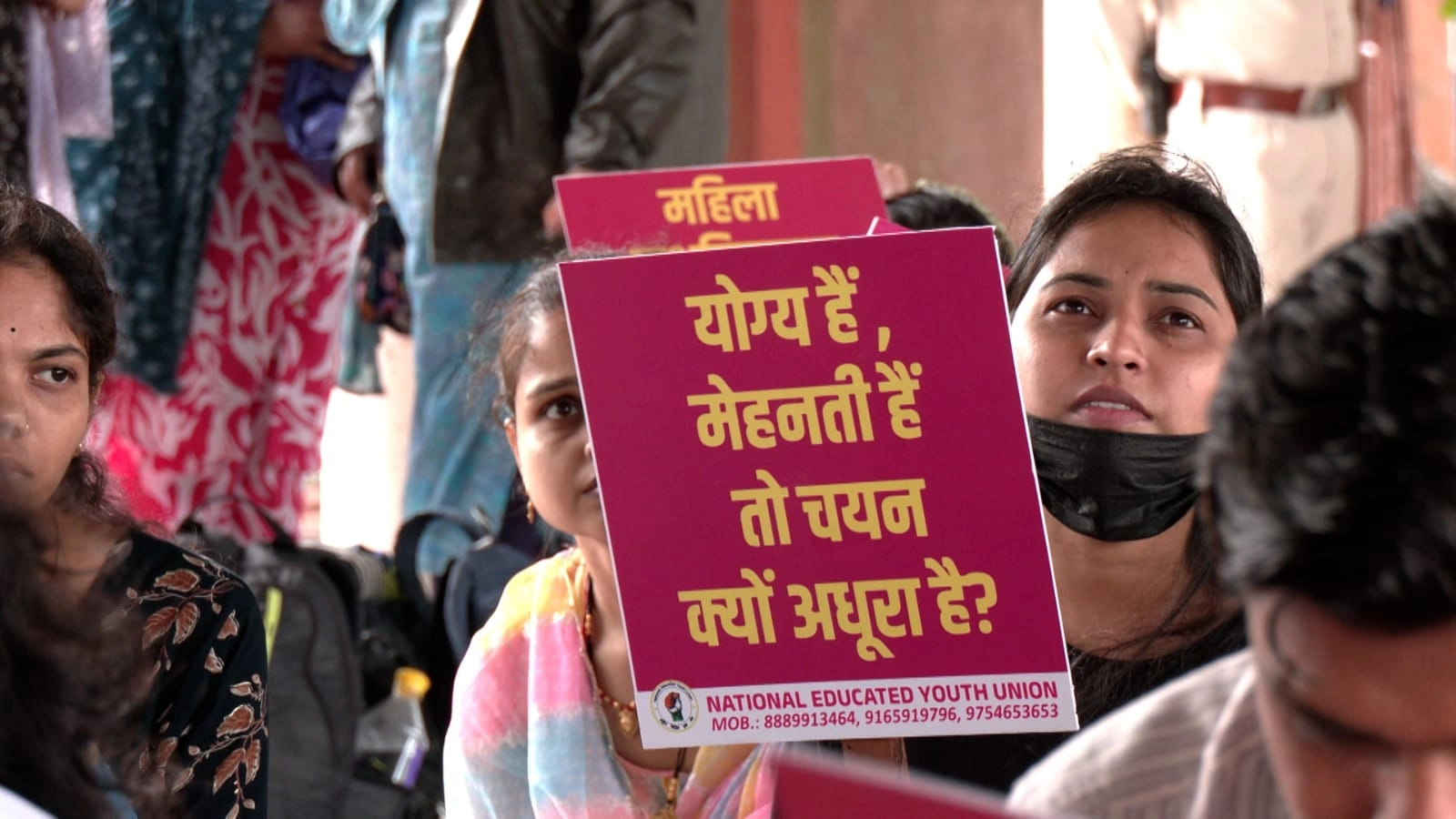Former Vice President Jagdeep Dhankhar has expressed his intention to resume receiving his pension as a Member of the Legislative Assembly (MLA) from Rajasthan. This development has generated considerable interest and discussion, particularly given Dhankhar’s recent transition from a prominent political figure to a ceremonial role. As he navigates this process, it is indicative of the complexities surrounding the pensions of elected officials in India and the various factors that come into play when these individuals shift roles within the political landscape.
Dhankhar, who previously served as the Governor of West Bengal, has had a distinguished career in politics, spanning various positions and responsibilities. His request to restart his pension as a Rajasthan MLA is currently being processed, highlighting the procedural aspects involved in accessing benefits tied to political service. Such pensions are often a point of contention, as they represent not only financial support for former legislators but also a recognition of their contributions to public service. The reactivation of Dhankhar’s pension could set a precedent and provide insights into how similar cases may be handled in the future.
This situation also raises broader questions about the policies governing pensions for politicians in India. The intersection of public service and financial remuneration is a topic that warrants thorough examination, especially in a country where the political climate is often volatile. As more politicians transition between different political roles or retire from active service, understanding the implications for pension entitlements becomes increasingly vital. Dhankhar’s case, therefore, serves as a critical reminder of the ongoing discussions surrounding the entitlements and benefits afforded to elected representatives in India.
In conclusion, Jagdeep Dhankhar’s pursuit of his pension as a former MLA underscores the intricate relationship between political service and financial support in Indian politics. As his application progresses, it will be essential to observe how this case unfolds and what it may mean for future politicians navigating similar circumstances. The implications of such decisions extend beyond individual cases, potentially influencing policy reforms and the public’s perception of political remuneration in the long run.




